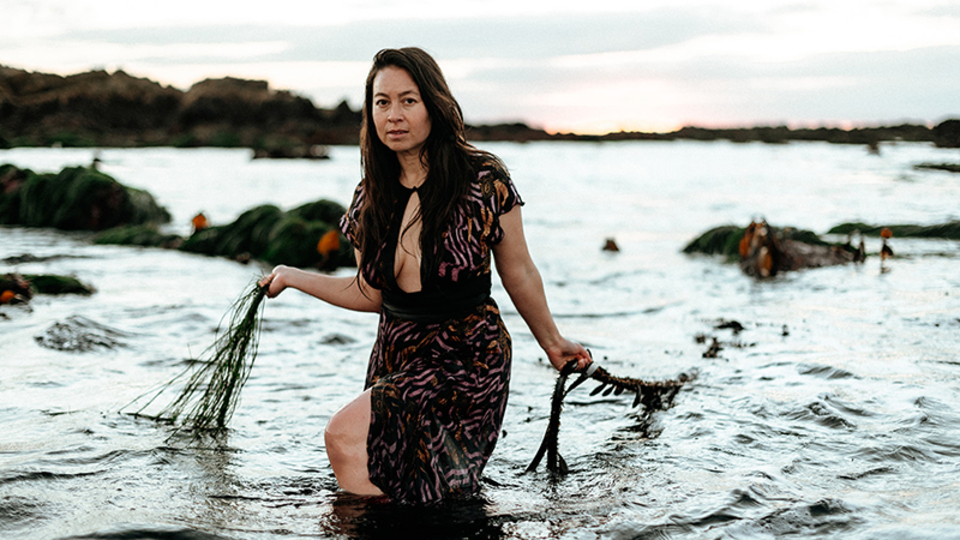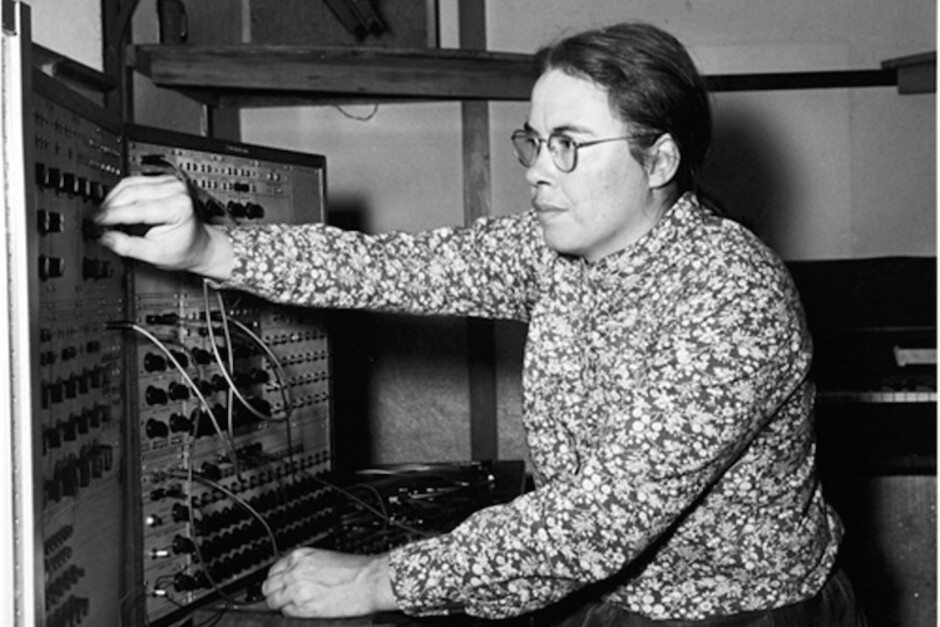
Beyond the Grave: Writing Ghosts
performances evoking the personal and the sociological, the historical and ever-present hauntings
Sat., May 13, 2023
Fri., May 19, 2023
Sat., May 20, 2023
Doors at 4:30pm | Show at 5pm
Evergreen Cemetery
Add to Calendar
$25 General / $15 MAH & Indexical Members
Read more about the program and other site-specific curatorial projects in a short essay, "The Blank Space," written by curator Andrew C. Smith for the Santa Cruz Museum of Art & History's blog.
Pauline Oliveros:
Environmental Dialogue

LuLing Osofsky:
Tikkun olam
Tasting Menu:
Revenants
Isola Tong:
Ghost Calligraphy
Since its founding in 2012, Ghost Ensemble has dedicated itself to long-term study of experimental music with a focus on new perceptual perspectives that explore the experience of listening. The group has extensively explored the Deep Listening philosophy of Pauline Oliveros, collaborating with the composer to inaugurate the release of her Anthology of Text Scores at Eyebeam in 2013, and has previously premiered new works written for the ensemble by John Rot, Leonie Roessler, Kyle Gann, Lucie Vítkova, Sky Macklay, and Somna M Bulist. Ghost Ensemble’s performance techniques realize fragile, liminal sounds, produced by virtuosic performers who are experts on their instruments. These practices can only be realized through long-term collaborations between composers and performers. Tax-deductible donations to Ghost Ensemble’s commissioning project support a crucial stage of this long-term relationship between composers and performers, and help to shape its future.
Beyond the Grave: Writing Ghosts
performances evoking the personal and the sociological, the historical and ever-present hauntings
Sat., May 13, 2023
Fri., May 19, 2023
Sat., May 20, 2023
Doors at 4:30pm | Show at 5pm
Evergreen Cemetery
Add to Calendar
$25 General / $15 MAH & Indexical Members
Program
| Pauline Oliveros | Environmental Dialogue |
| LuLing Osofsky | Tikkun olam |
| Tasting Menu | Revenants |
| Isola Tong | Ghost Calligraphy |
